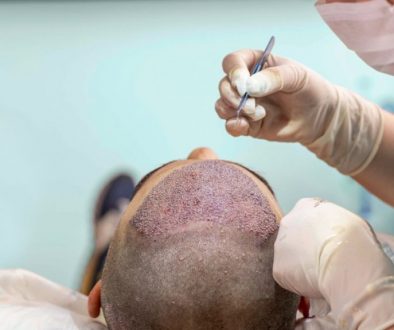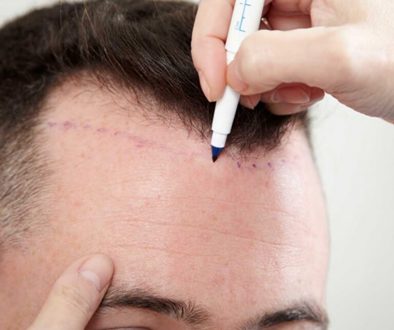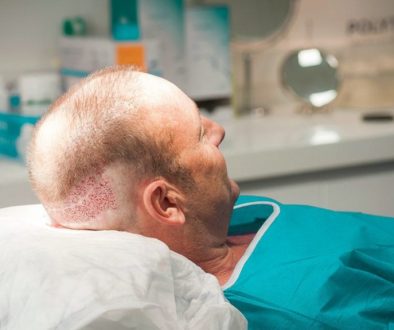Hair Transplant without Hair Loss Medication?
Are there many people out there who just wait to their [tag]balding[/tag] pattern is established? Assuming I had enough [tag]donor hair[/tag], wouldn’t it be best to continue getting [tag]hair transplants[/tag] as [tag]hair loss[/tag] progressed?. That way, I wouldn’t have to spend any time or money on non-surgical [tag]hair loss treatment[/tag] medications like [tag]Propecia[/tag] or [tag]Rogaine[/tag], nor would I have to worry. I understand that medication can slow down the process.
I’m 22 and think I’m just going to start shaving my head, wait a few years, and see what pattern takes shape. Ive been told i have good donor characteristics so I plan on getting another consultation in a few years when i would be more appropriate for a [tag]hair transplant megasession[/tag].
This hair loss question was answered by Dr. William Lindsey of McClean, VA who is one of our recommended hair restoration physicians.
 22 is pretty young. I would consider [tag]hair loss drugs[/tag] and make sure you gave them time to work before you give up (1 year or more). 23 is still young for a [tag]hair transplant[/tag] but at least you will have tried the alternative to surgery and maybe it will buy you a lot more time than just a year. Plus you can establish some relationship with a doctor and see if you and he are on the same wavelength.
22 is pretty young. I would consider [tag]hair loss drugs[/tag] and make sure you gave them time to work before you give up (1 year or more). 23 is still young for a [tag]hair transplant[/tag] but at least you will have tried the alternative to surgery and maybe it will buy you a lot more time than just a year. Plus you can establish some relationship with a doctor and see if you and he are on the same wavelength.
I had a 20 year old come in this my clinic this morning and I spent about 40 minutes mainly educating him on all of the stuff bloggers on this site already know. I told him to come check it out. He was started on medication last week by a referring dermatologist and I told him he should not make any surgery decisions for at least a year, and hopefully longer.
A 20 or 22 year olds [tag]hair restoration[/tag] goals are quite different that a 43 year olds, but the transplant will be there forever. So it is critical that the [tag]hair loss doctor[/tag] and patient discuss all of this and have a long term plan, not just winging a procedure on a 20 year old with disposable income.
So don’t rush into anything at age 20 other than getting educated on your options.
William Lindsey, M.D.
—
Bill
Associate Publisher



